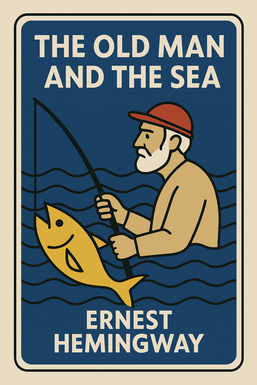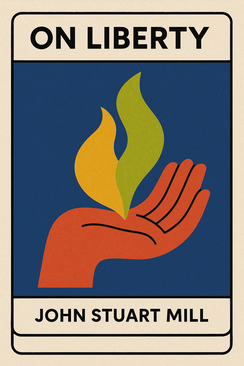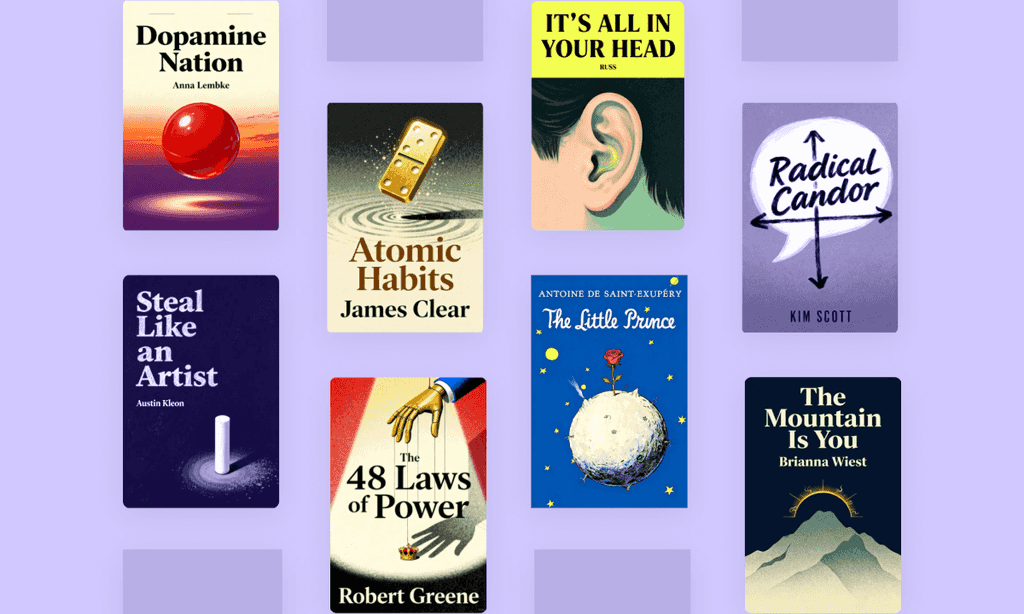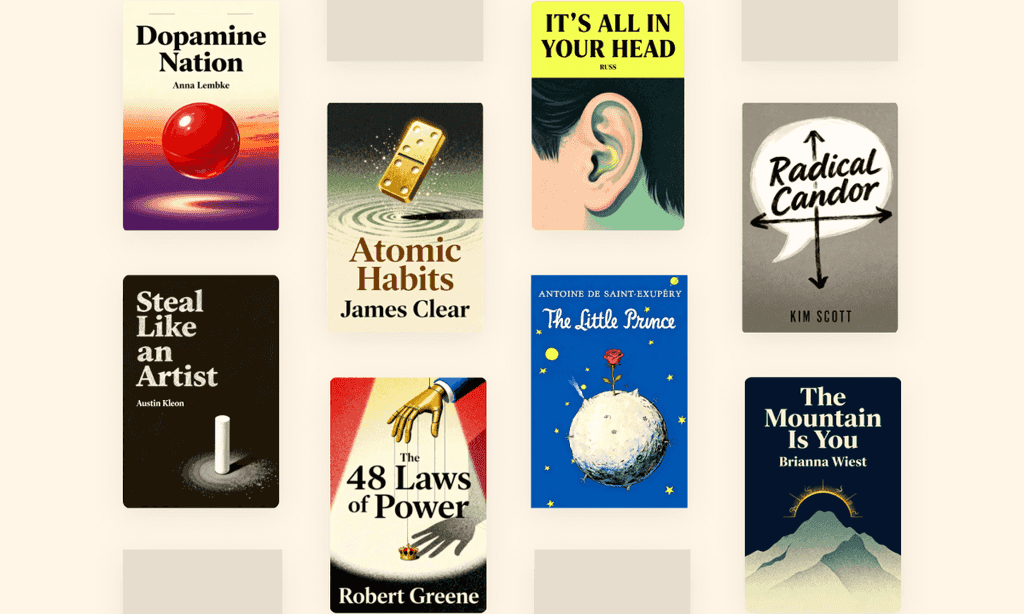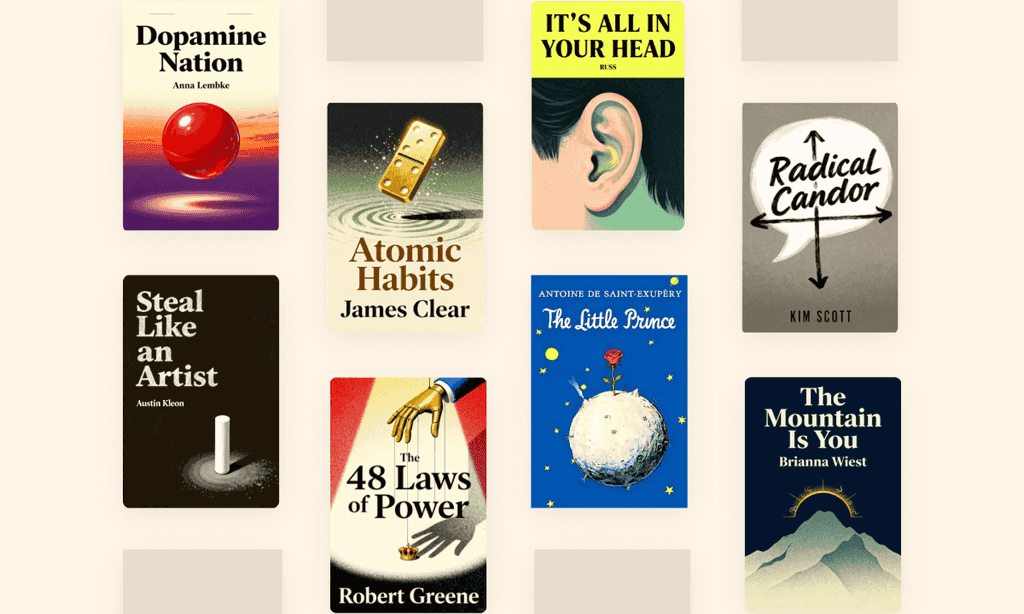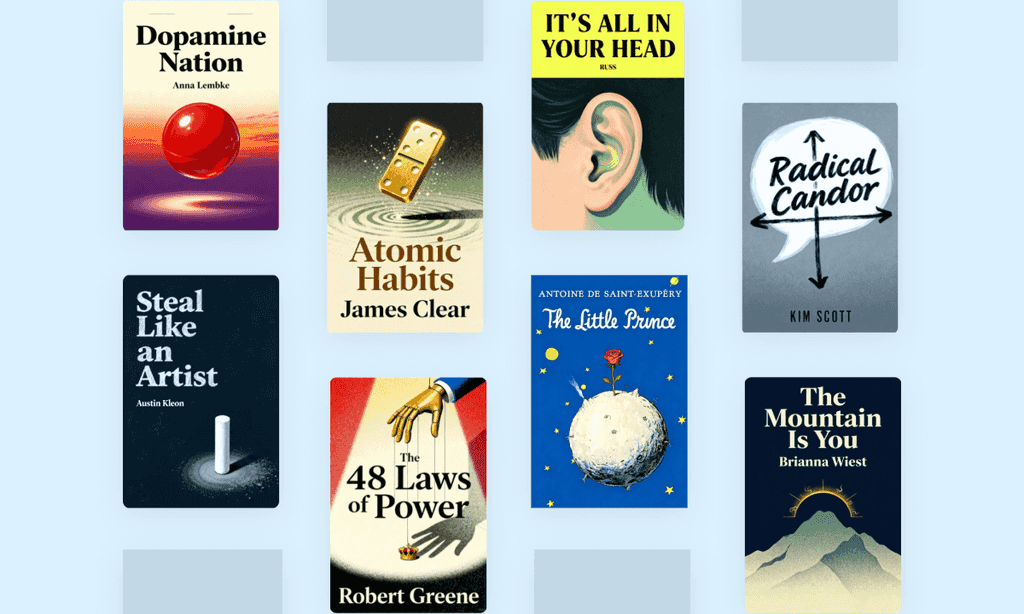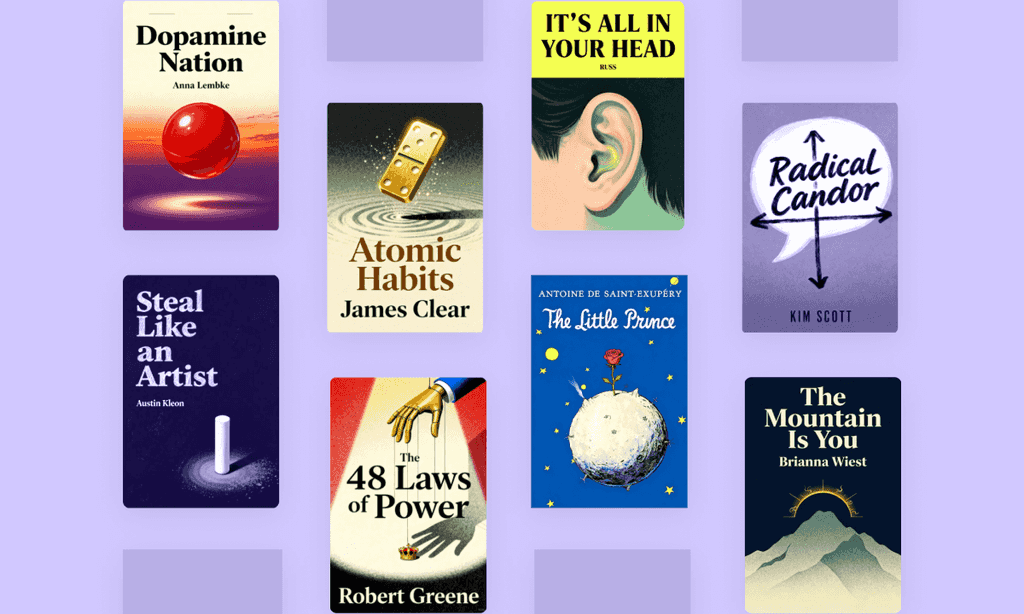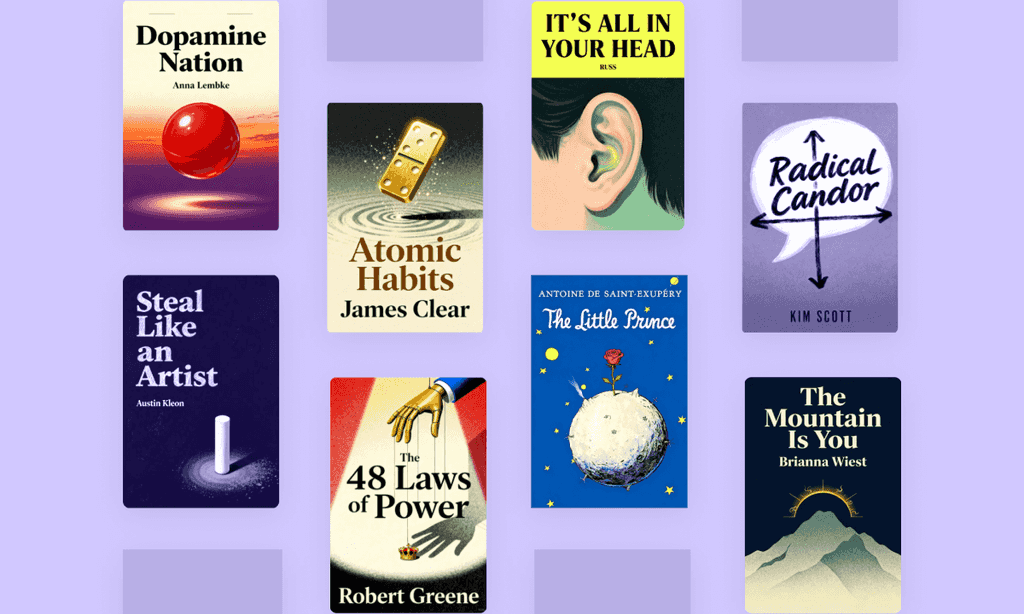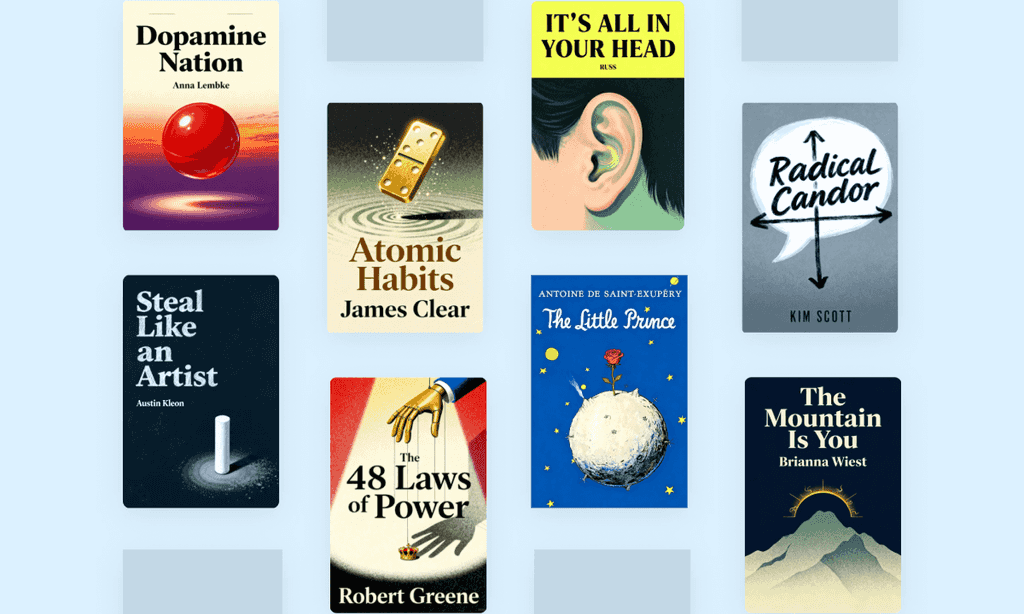Hamlet by William Shakespeare
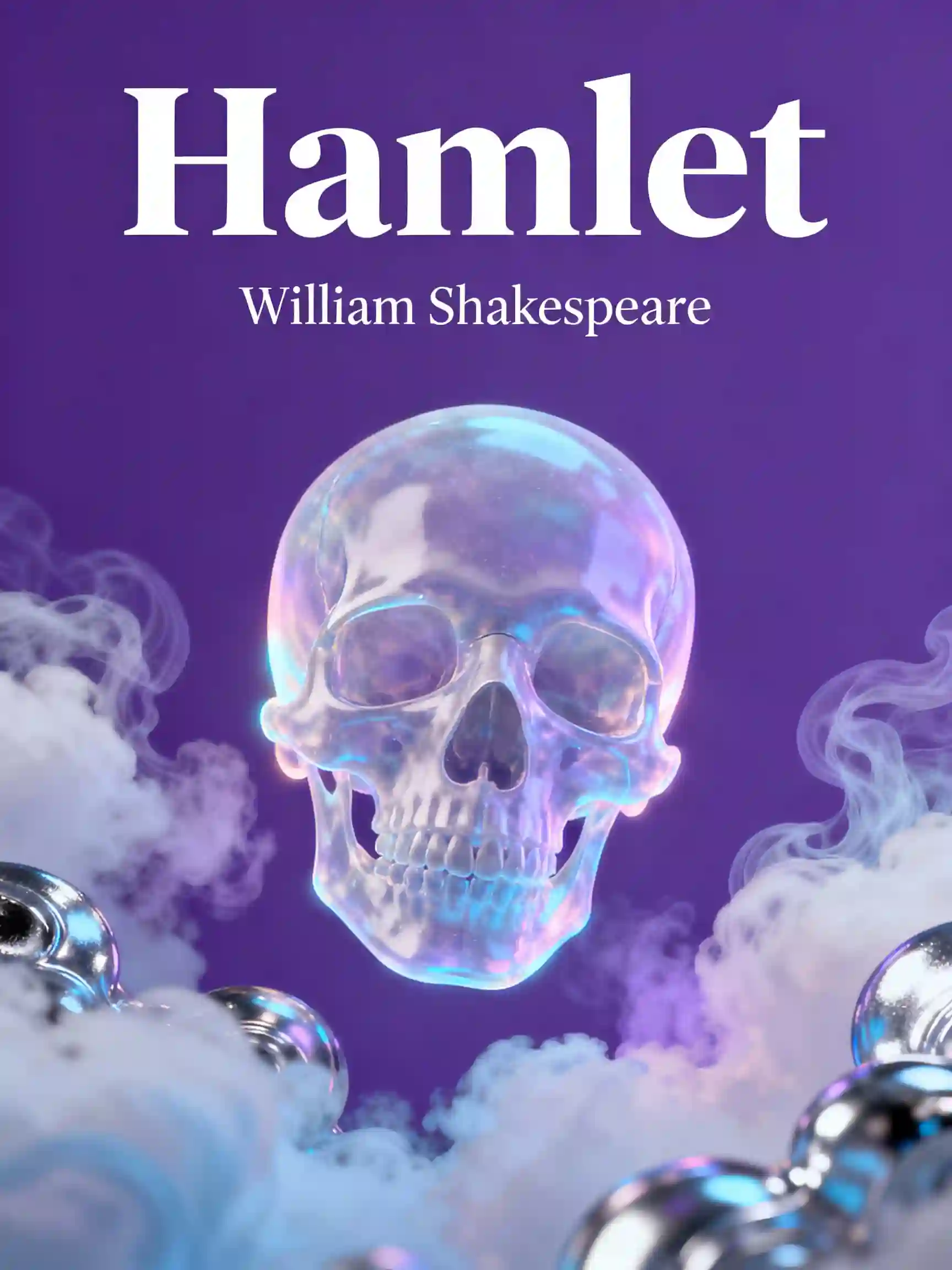
Overview of Hamlet
Shakespeare's immortal tragedy about a prince's revenge, madness, and existential crisis. "To be or not to be" - Hamlet's words echo across centuries, inspiring countless adaptations and even winning Olivier an Oscar. Literature's greatest psychological thriller awaits.
About its author - William Shakespeare
William Shakespeare (1564–1616) was the renowned Elizabethan playwright and poet who authored Hamlet, a seminal tragedy exploring themes of revenge, moral corruption, and the complexity of human psychology.
Widely regarded as the greatest writer in the English language, Shakespeare’s 37 plays and 154 sonnets revolutionized drama through their profound character studies and psychological depth. His works, including Macbeth, Othello, and King Lear, remain cornerstones of Western literature, frequently adapted for stage and screen.
Hamlet, his longest play, dissects themes of deception, mortality, and existential doubt, reflecting Shakespeare’s mastery of intertwining personal turmoil with political intrigue. Born in Stratford-upon-Avon, Shakespeare spent his career with London’s King’s Men theater company, blending classical influences with innovative storytelling.
His works have been translated into over 100 languages, with Hamlet alone inspiring countless adaptations, including major films and theatrical productions.
Key Takeaways of Hamlet
- Hamlet's indecision reveals the human cost of overthinking revenge.
- Shakespeare contrasts facades with hidden motives in courtly power struggles.
- The ghost's demand exposes tensions between divine justice and human agency.
- Ophelia's tragedy embodies societal constraints on women's autonomy and voice.
- Claudius's manipulation unravels through Hamlet's strategic play within a play.
- "To be or not to be" encapsulates existential paralysis and mortal fear.
- Revenge cycles destroy innocents and perpetrators alike in the final duel.
- Gertrude's swift remarriage exposes patriarchal control over queenship and sexuality.
- Horatio's survival positions him as history's witness to corruption and collapse.
- Madness becomes both performance and genuine unraveling in Elsinore's chaos.
- "Divinity shapes our ends" reflects providential surrender amid fatalistic choices.
- The Norwegian subplot mirrors Hamlet's struggle through Fortinbras's decisive action.






